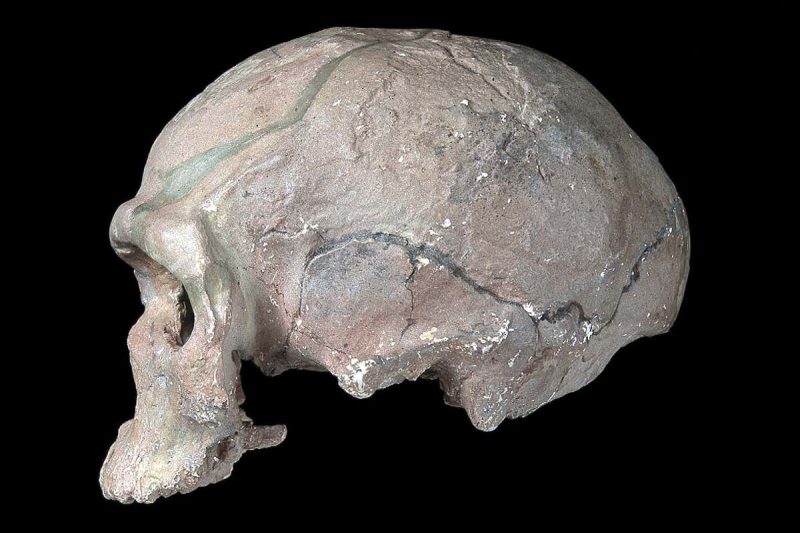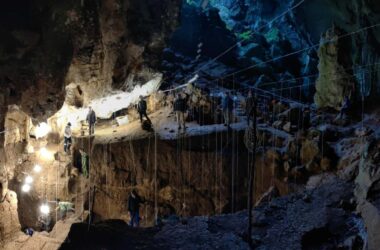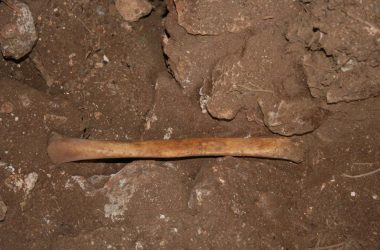The Jebel Irhoud Skull: A Forgotten Discovery
In 1961, a miner in a barium mine in Jebel Irhoud, Morocco, made a gruesome discovery – a near-complete human skull embedded in the sediment. Although the skull was found to be old, it was not given much attention and was largely forgotten.
Rethinking the Story of Our Origins
For many years, the accepted narrative of human evolution was that Homo sapiens evolved in eastern Africa around 150,000 years ago. They developed modern behaviors approximately 60,000 years ago and eventually migrated out of Africa, replacing any other archaic humans they encountered. However, ongoing discoveries of new fossils, tools, and genetic analyses are challenging this established theory.
The Impact of the Jebel Irhoud Skull
The Jebel Irhoud skull has opened up a new perspective on human evolution. Its discovery has led experts to question and reevaluate old assumptions. With the dust yet to settle, scientists are now exploring which aspects of the previous theory still remain valid.
Continuing Uncertainty
Robert Foley, a palaeoanthropologist at the University of Cambridge, acknowledges that the understanding of human evolution continues to evolve. He suggests that during a three-day conference on human evolution, the accuracy of his statements may change drastically. Even though uncertainties persist, researchers are working diligently to unravel the complexities of our species’ origin.








